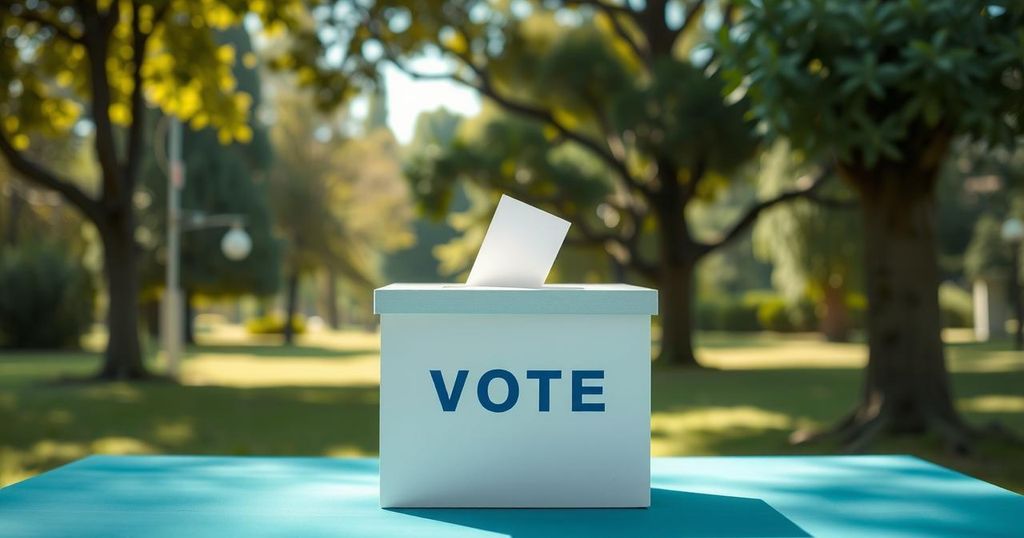Togo’s Inaugural Senate Vote: Constitutional Changes Spark Opposition Outcry

Togo has commenced its inaugural senatorial elections amid significant opposition outcry regarding the new constitution. This introduces a parliamentary system that could allow President Faure Gnassingbe to retain power indefinitely, prompting boycotts from several opposition parties. Despite support from some factions, many remain critical of the perceived undemocratic nature of the electoral process and the looming economic concerns tied to the assembly’s establishment.
Togo has initiated its first-ever senatorial elections, with municipal and regional councilors voting on Saturday amidst allegations of a rigged constitutional reform. President Faure Gnassingbe is perceived to be consolidating power perpetually under the new constitution, which has replaced direct presidential elections with a parliamentary system, relegating the presidency to a ceremonial role. This constitutional change has faced criticism as opposition parties have announced their intention to boycott the elections, alleging it is a maneuver to maintain illegitimate governance.
The new constitutional framework allows the president of the Council of Ministers, currently occupied by Gnassingbe, to appoint the majority of Senate members. In total, 41 out of 61 new senators will be elected by more than 1,500 municipal councilors and 179 regional councilors from a pool of 89 candidates. Meanwhile, opposition factions such as the National Alliance for Change and the Democratic Forces for the Republic have condemned the reforms, describing the senatorial vote as a “constitutional coup d’etat.”
Despite some opposition participation from the Alliance of Democrats for Integral Development, significant hesitation remains among other groups, citing a lack of democratic integrity in the electoral process. Critics, including FDR, have characterized the vote as a farce at odds with the country’s basic needs, dubbing it a costly institution while fundamental resources remain scarce in municipalities and regions.
Supporters of President Gnassingbe argue that the constitutional amendment will foster broader representation within the government. However, this administration has faced accusations of election manipulation, particularly following its considerable victory in the legislative elections last April, which dissenters referred to as an “electoral hold-up” plagued by “massive fraud.”
The first senatorial elections in Togo occur under a new constitution widely criticized by opposition factions as undemocratic and rigged. Despite local councilors participating, significant opposition boycotts highlight the contentious nature of the reforms aimed at consolidating presidential power. Critics continue to express concerns about governance and representation, while supporters argue for increased representation through the new parliamentary system.
Original Source: www.arabnews.com








